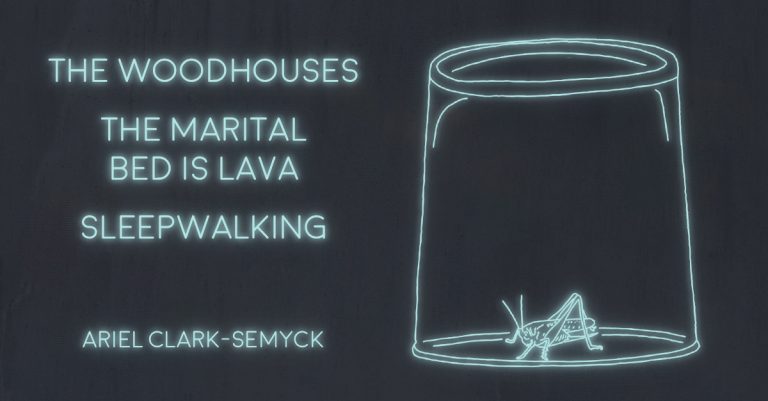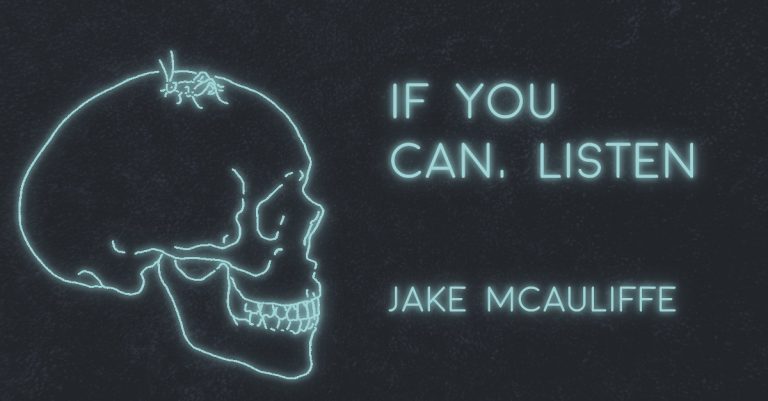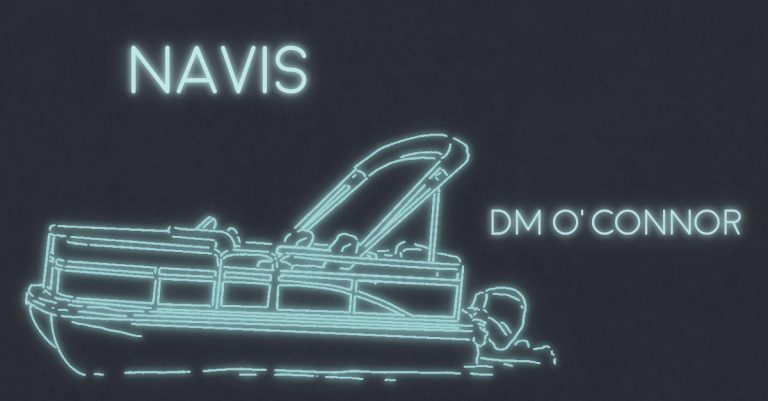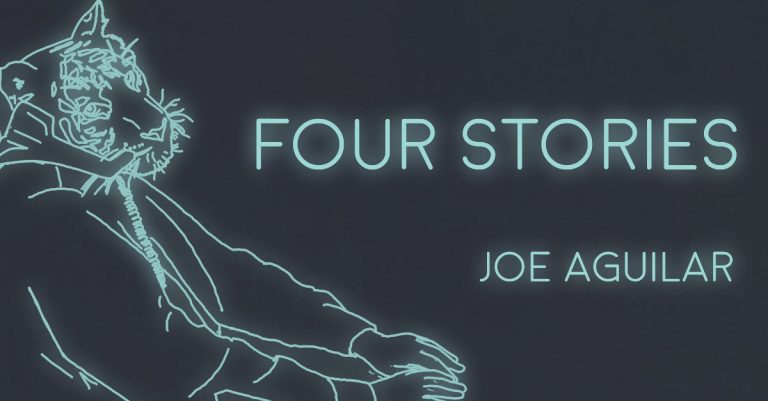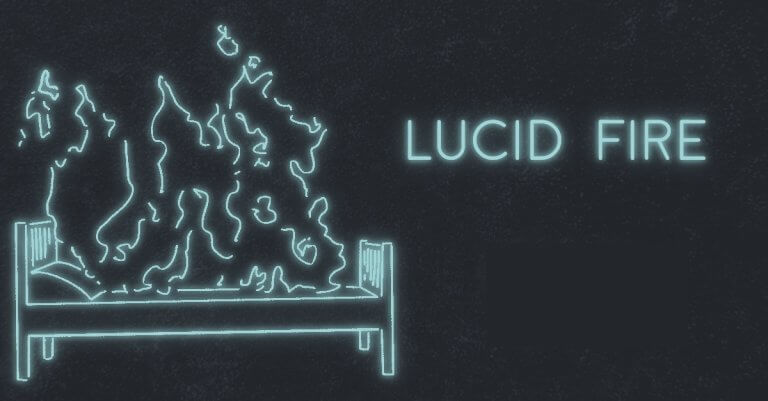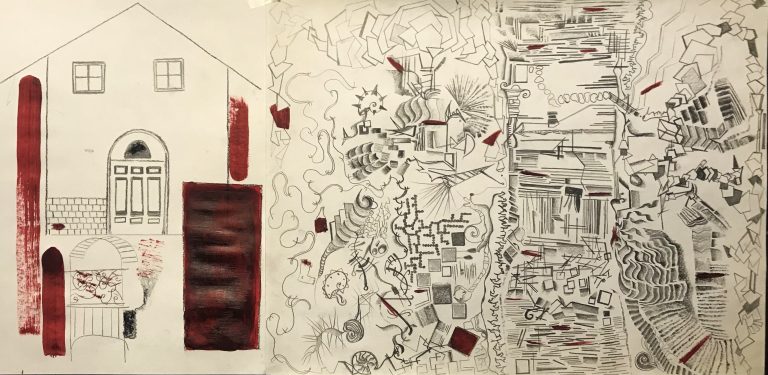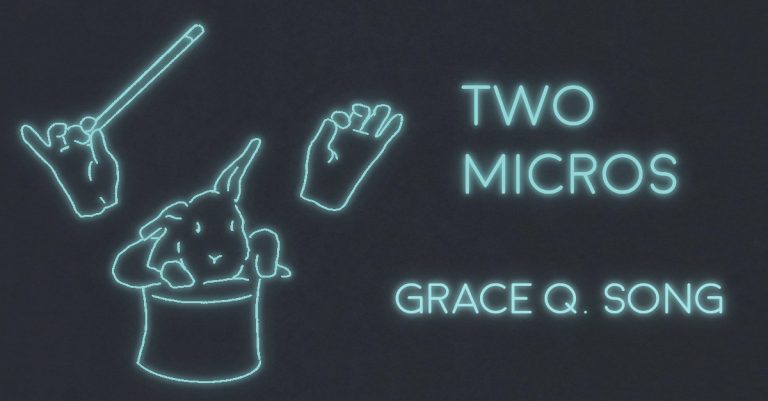
TWO MICROS by Grace Q. Song
MAGICIAN’S HAT You find an upside-down magician’s hat on a table. It’s made of velvet, smooth as moonlight between your fingers, and a stripe, broad and white, wraps around its base. No one’s around. The first thing you pull out is a wand. Next, a deck of fresh cards. Pigeons and rabbits who disappear into the dark corners of the room. These are ordinary things you’d expect to find in a magician’s hat, nothing too surprising. So, you keep pulling and pulling, magic trick after magic trick, until things finally begin. The twenty-fifth item is a red Starburst, followed by

